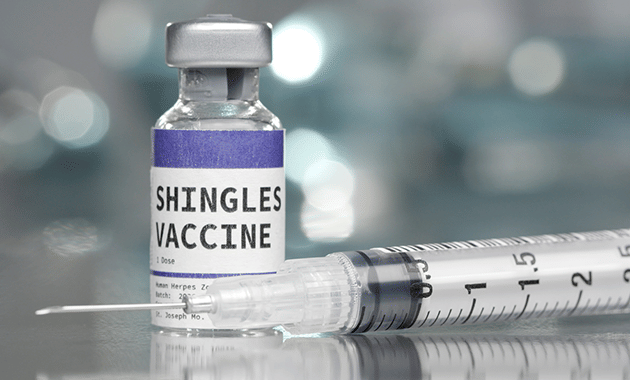
Introduction to the Shingles Vaccine
Shingles, also known as herpes zoster, is a viral infection caused by the varicella-zoster virus, the same virus that causes chickenpox. As individuals age, their risk of developing shingles increases significantly. The introduction of the shingles vaccine has been a critical development in public health, aiming to reduce the incidence and severity of this painful condition, which can lead to debilitating long-term complications.
The Importance of Vaccination
The shingles vaccine is particularly recommended for adults aged 50 and older, and it has been shown to significantly lower the risk of both shingles and its most serious complication, postherpetic neuralgia, which is characterised by severe pain in the area of the rash long after the rash has cleared. According to the NHS, an estimated 1 in 3 people will develop shingles in their lifetime, emphasising the importance of vaccination as a preventative measure.
Current Events and Recommendations
Recent health directives from the NHS have reinforced the recommendation for the shingles vaccine as part of routine immunisation practices in older adults. In 2023, the UK vaccination programme saw an increased campaign to encourage eligible individuals to receive the vaccine, aiming to educate the public about its effectiveness. According to recent studies, the vaccine can reduce the risk of shingles by over 90% in those who have received it, and health officials are actively working to increase uptake among those eligible.
Understanding Side Effects and Efficacy
While many may have concerns regarding vaccine side effects, studies indicate that side effects of the shingles vaccine are generally mild and temporary, including soreness at the injection site and mild fever. The protection offered by the vaccine, however, far outweighs these temporary discomforts. An ongoing debate in public health circles focuses on vaccine accessibility and the important role of community awareness in defeating misconceptions surrounding vaccinations.
Conclusion and Future Outlook
Protecting against shingles through vaccination is not just an individual health measure but a community health strategy. As awareness increases and healthcare systems continue to advocate for preventive care, including the shingles vaccine, it is likely that we will see reduced incidences of shingles and its complications in the coming years. For adults aged 50 and over, getting vaccinated represents a substantial step in safeguarding health and improving quality of life.
You may also like

Discovering Yehvann Diouf: A Future Football Star

The Rise of Alfie Lloyd: A Fresh Voice in Music
